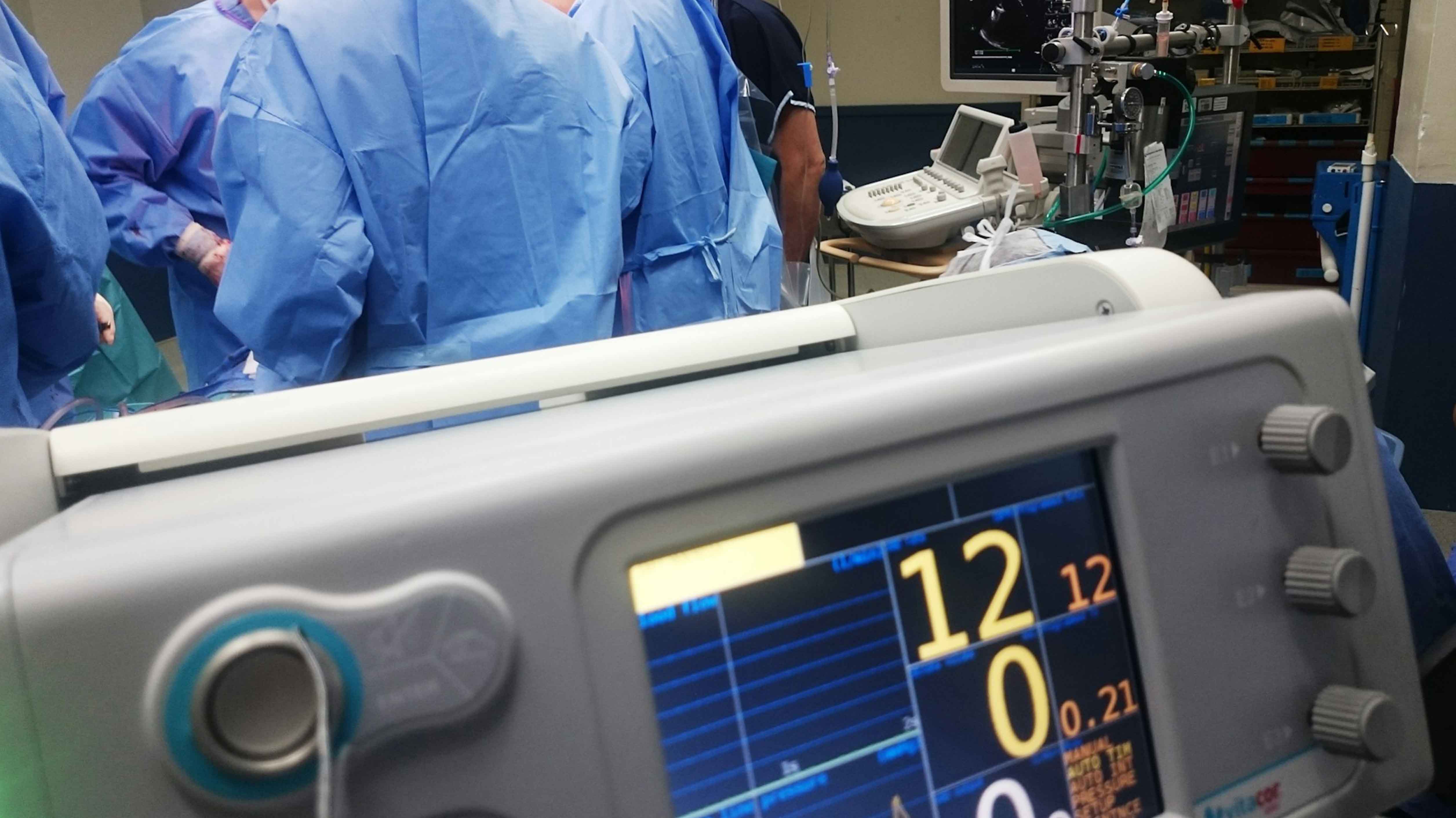Neurosurgery is a medical specialty that encompasses surgical interventions for the central and peripheral nervous systems, one of the most complex and delicate systems in the human body. This system, which includes the brain, spinal cord, and nerve network, regulates all functions of the body. Therefore, the work of surgeons specializing in the diagnosis and treatment of diseases occurring in the nervous system is vital. In this article written by Neurosurgeon Prof. Dr. Özgür Taşkapılıoğlu, topics such as what neurosurgery is, what diseases it treats, the methods used, and how the process works will be discussed in detail.
What is Brain and Nerve Surgery?
Neurosurgery is a medical specialty that treats diseases occurring in the brain, spinal cord, and peripheral nerves with surgical methods. Since the nervous system is responsible for critical functions of the body such as movement, thought, emotion, and regulation of internal organs, this field is considered one of the most challenging and important branches of medicine.

What Diseases Does Neurosurgery Treat?
Neurosurgery covers a wide range of diseases and deals with the following conditions:
1. Brain Tumors
Both benign and malignant brain tumors are among the main study subjects of this field. Surgeons intervene to remove the tumor or alleviate its effects.
2. Spine and Spinal Cord Diseases
Conditions such as spinal hernias, spinal cord injuries, and scoliosis are among the diseases treated by neurosurgery.
3. Cerebrovascular Diseases
Disorders such as aneurysms, arteriovenous malformations (AVMs), and stroke are the areas of expertise of neurosurgeons.
4. Traumatic Injuries
Head and spinal cord traumas resulting from accidents may require emergency surgical intervention.
5. Epilepsy and Movement Disorders
Surgical methods can yield effective results in cases of drug-resistant epilepsy and conditions such as Parkinson's disease.
6. Congenital Anomalies
Congenital nervous system disorders, such as spina bifida, can be treated with surgical interventions.
7. Hydrocephalus
Abnormal accumulation of cerebrospinal fluid can be controlled by placing a shunt.
Methods Used in Neurosurgery
The methods used in neurosurgery are constantly evolving with technological innovations:
1. Microsurgery
These interventions performed with the aid of surgical microscopes offer significant advantages in protecting sensitive brain and nerve tissues.
2. Endoscopic Surgery
Endoscopic surgery, a minimally invasive method, is performed with smaller incisions and a lower risk of complications.
3. Radiosurgery
Methods such as Gamma Knife and CyberKnife are effective and non-surgical options, especially in the treatment of small tumors.

What is the Neurosurgery Process Like?
The treatment process in neurosurgery is meticulously planned and implemented:
1. Diagnosis and Evaluation:
First, the patient's neurological condition is evaluated. Advanced imaging methods such as MRI, CT, and angiography are used.
2. Surgical Planning:
The patient's condition and the goals of the surgery are determined.
3. Surgical Intervention:
Surgeons utilize modern technologies in this process that requires high precision.
4. Post-Operative Care:
The patient is monitored in intensive care and the rehabilitation process begins.
The Importance of Neurosurgery
Neurosurgery operates in one of the most delicate and vital areas of human health. This specialty aims to improve the quality of life of patients by combating life-threatening conditions. The skills of neurosurgeons play a significant role in leading technological and scientific innovations in the medical world.
Neurosurgery is one of the most challenging specialties of modern medicine due to the complexity and importance of the nervous system. With advanced surgical methods and innovative technologies, this field offers promising solutions for improving the quality of life of patients and combating serious diseases. If you are experiencing problems with your brain and nerve health, do not neglect to consult a specialist. Neurosurgeon Prof. Dr. Özgür Taşkapılıoğlu, who serves in Bursa, wishes you healthy days.
Make an Appointment Now
+90 530 167 07 40